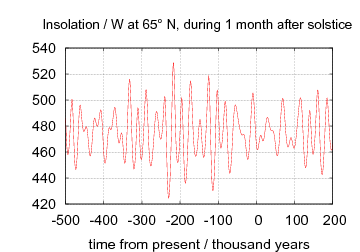| Name | Last modified | Size | Description | |
|---|---|---|---|---|
| Parent Directory | - | |||
| graphs/ | 2013-05-06 12:38 | - | ||
| 2Mae.png | 2010-11-18 23:20 | 83K | CO2 Quarternary and.. | |
| 2Mae.pdf | 2010-11-18 23:20 | 69K | CO2 Quarternary and.. | |
| source_files/ | 2010-01-18 20:54 | - | ||
| warmin_ppf.pdf | 2005-02-02 12:54 | 3.2K | past, present, future | |
| warmin_ppf.png | 2005-02-02 12:53 | 53K | past, present, future | |
| warmin_ppf.eps | 2005-02-02 12:53 | 5.7K | past, present, future | |
| html.format/ | 2003-08-06 12:09 | - | ||
| warmin_en.png | 2003-01-30 14:34 | 35K | greenhouse scheme | |
| warmin_en.pdf | 2003-01-30 14:33 | 2.6K | greenhouse scheme | |
| warmin_en.eps | 2003-01-30 14:32 | 4.6K | greenhouse scheme | |
| latex/ | 2000-12-18 23:14 | - | ||
| orb_forc.pdf | 2000-12-18 23:06 | 122K | No soon Ice Age... | |
Achieved warming and possible future development is shown within the warming_ppf scheme. I made it in 1999 originally, using the info from the Third Report of the Enquette Commission of the German parliament, now I changed the numbers to match those in the above greenhouse scheme.
Fluxes from the surface are a combination of radiative and convection+vapour ones, the other ones are radiative only. Increase of upward flux from the surface is shown as if it were due just to more radiation.
Apart from these schemes, there is an article orb_forc on the impossibility of another ice age within the next hundred thousands of years (no summer insolation minimum deep enough to cause snow accumulation at high northern latitudes). We live in no usual interglacial, but in a long postglacial, comparable in length to the glacials.
(An excellent info on the subject appeared today on the realclimate.org site, How long will global warming last?. Ref. 10 within the article gives an overview of the current knowledge. Unlike my contribution, the conservative scientific approach does not exclude shallow minima as possible triggers of interglacial ends. But with current CO2 levels, they are clearly insuficcient.)
jenik hollan, 2005
PS, 2007: I've added a graph of -500 ka to 200 ka from present, see
 .
Made for
a rather low 1366.3 W/m2 solar constant again.
-400 ka summer insolation minimum was some 10 W/m2
lower than that one we have almost reached already. No pronounced decline
of solar orbital summer forcing at 65° N is ahead of us next 50 ka.
.
Made for
a rather low 1366.3 W/m2 solar constant again.
-400 ka summer insolation minimum was some 10 W/m2
lower than that one we have almost reached already. No pronounced decline
of solar orbital summer forcing at 65° N is ahead of us next 50 ka.